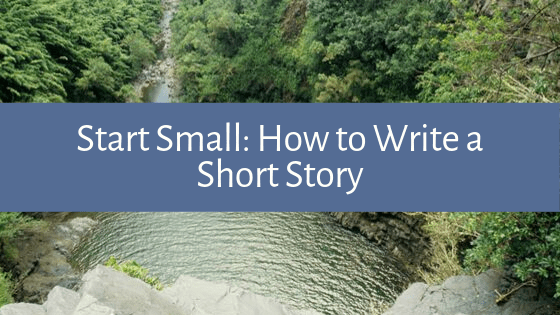
If you’re just dipping your toes into the writing world, starting with a full-length novel or nonfiction book may feel overwhelming. Short stories allow you to get a feel for composing a story with a beginning, middle, and end. It also helps you tackle character development and a thorough plot structure without having to devote hundreds of hours to an 80,000-word manuscript.
Short stories can also help pay attention to the complexities that come with the necessity of succinct word choice and help you hone your writing style and tone.
The Basics of a Short Story
Here are 5 simple rules to short stories:
- No longer than 8,000 words. The maximum word count of your short story should be no more than 8,000 words, yet most shorts tend to fall around 5,000 words.
- Focused on fiction. Short stories are most helpful for writers who want to dive into fiction, yet nonfiction writers could use the short story concept to test an idea and then build it out into a complete book.
- Beginning, middle, and end. While your story may be short, it still needs a fully developed plot line that contains three parts: a beginning, middle, and end.
- Fewer characters. You don’t need a huge list of characters like you do with a full-length novel. Not only do you not have enough room to introduce several characters, but you also don’t have the room to give any real depth to multiple characters. Use the rule of three and develop a protagonist, antagonist, and a third character to build tension between the first two characters.
- Condense exposition. You won’t have the same amount of room for introduction at the beginning of your short story, instead start with an action scene to hook your readers.
The Outcome
Short stories provide new writers the opportunity to get comfortable with their writing before committing to a larger body of work. It helps them begin to incorporate writing into their normal routines, and short stories are easily shareable, so quick feedback is attainable from a critique partner.
For more seasoned writers, short stories provide room for experimentation with a new character or story idea without sinking too much time into an idea if it just won’t work on paper. If a story does work in short form, it can always be expanded into a full-length novel later.
Have you penned a short story before? What do you like or dislike about the process?
Discover more from Xulon Press
Subscribe to get the latest posts sent to your email.





One comment on “Start Small: How to Write a Short Story”